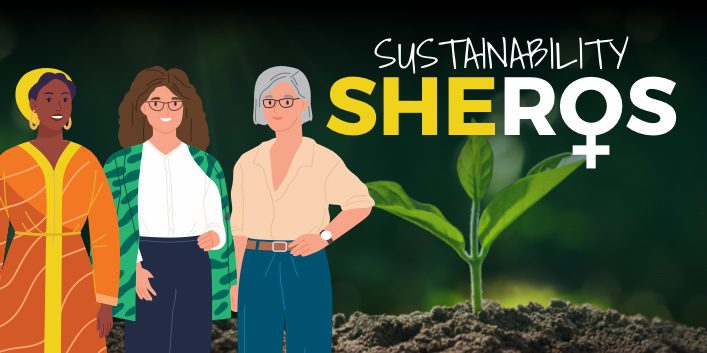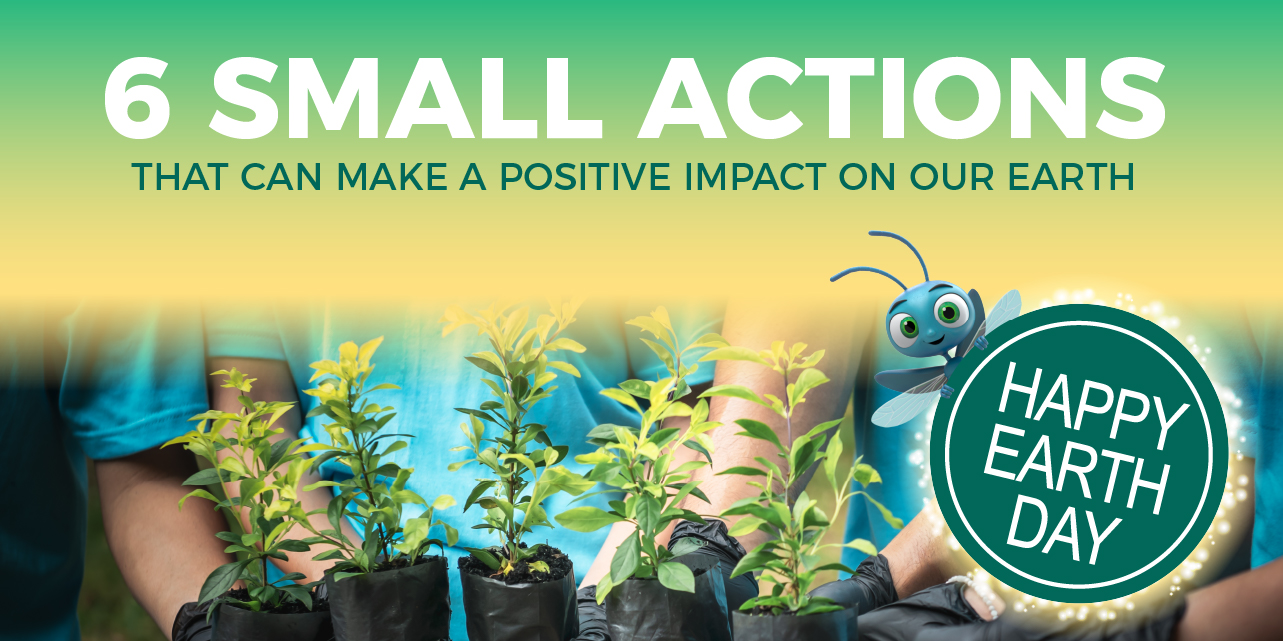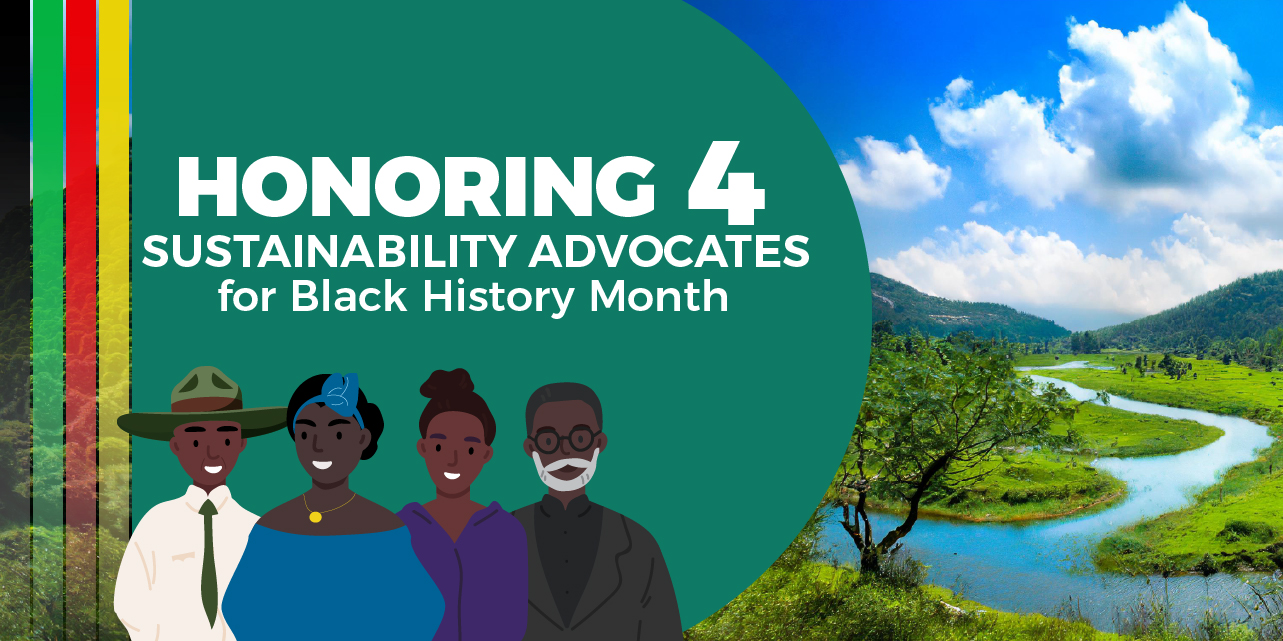From politics and economics to social achievements in sustainability, women have played an integral role in shaping the values and norms of society. In honor of International Women’s Month, we’re highlighting three women who left their mark on the planet through their contributions to reforestation, human rights and marine conservation.

Dr. Wangari Maathai, a native of Kenya, experienced a lot of firsts in her career and life. She was the first female scholar from East and Central Africa to earn a Ph.D. in biology. She was the first female professor in Kenya and the first African woman to receive a Nobel Peace Prize in 2004. In 1977, she started a grassroots organization, the Green Belt Movement, which combatted deforestation in Kenya by planting trees to conserve the environment and improve the quality of life. In 2015, more than 200 women who participated in training from the Green Belt Movement went on to educate and train more than 20,000 members in their communities, who in turn continued to share the organization’s ideas with others. To date, the Green Belt Movement has planted more than 51 million trees.

Fondly referred to as Britain’s Green Queen, Anita Roddick was an advocate for animal rights, human rights, Fairtrade and environmental protection. She was the founder of the British version of the Body Shop, known today as the Body Shop International Limited. What merely began as a means to support herself and her children, while her husband was away, quickly grew into a cruelty-free cosmetic movement that resulted in ethical consumerism. The Body Shop played a role in banning cosmetic testing on animals in Britain, and Europe later followed. Roddick’s company was also one of the first to promote Fairtrade in developing countries. Her ability to think outside of the box and heart for humanity revolutionized the beauty industry as we know it today.

Dr. Eugenie Clark, remembered by many as the “Shark Lady,” was a science pioneer recognized globally for promoting marine conservation. As an ichthyologist, the branch of zoology devoted to the study of fish, she extensively researched shark behavior and tropical sand fishes. Regarded as an authority in marine biology and scuba diving, this trail blazer discovered several fish species, naming one Nikolas, after her son. Clark was passionate about dispelling the fears and myths associated with sharks through education, which led her to lecture on the very topic across the world. Many believed that sharks were vicious killers that weren’t intelligent and simply wanted to attack, but through her studies Clark proved that they are smart animals. She tested their memory and intelligence by training them to press a target. She realized that they could retain what she’d taught them for about two months — making her the first scientist in the world to train sharks.
In her lifetime, she carried out 72 submersible dives and led more than 200 field research expeditions across the globe. She took her last dive at 91-years-old and was posthumously honored by the U. S. Congress for her efforts to understand and preserve the ocean realm in 2015.
Looking back at the lives of these great pioneers and celebrating their accomplishments let us know that what some may call impossible is indeed possible. While applauding these SHEros, let’s further their trailblazing causes by creating a sustainable trail of our own. Whether it’s organizing a grassroots movement, educating others on the importance of environmental conservation or just being socially responsible, we all have a part to play in securing the safety of our planet, if not for ourselves, for those who’ll come after us.
Find a clean electricity plan that meets your household’s needs.
Enter your ZIP code to get started.







